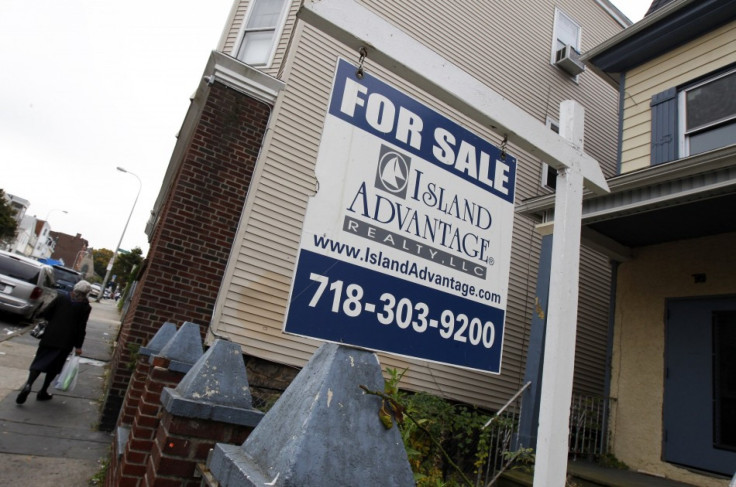Housing Data Continues to be Terrible, May Lead to QE3

In the backdrop of massive global events in the Middle East and Japan, something else significant is developing: the continued deterioration of the US housing market.
Data has been absolutely horrendous on this front. February new home sales plunged to an annual pace of 250,000, which is the lowest figure on record.
This statistic is alarming. For one, it means new home sales levels are now worse than during the height of the global financial crisis.
Data on housing prices also confirm the double dipping trend; the price rise of the initial recovery peaked around mid-2010 and prices are now steadily declining, according to the Case-Shiller Index.
Things look bleak for the real estate market on many fronts. On the demand side, the jobs market continues to be weak (although improving), people are now more open to renting, and speculative buying is concentrated on the fire sale properties.
On the supply side, banks are still working through a huge shadow inventory – or homes in the process of foreclosure that will eventually be dumped on the market at fire sale prices.
On the cost side, mortgage rates are at historically low levels. If the real estate market is struggling at these rate levels, it will deteriorate under higher rate levels. Mortgage rates have already been steadily pushed up by US Treasury rates.
If the rest of the economy is able to shrug off the poor conditions of the real estate market, mortgage rates will only continue to go up. Moreover, the Federal Reserve and US Treasury Department still need to unload billions of dollars of mortgage securities.
However, the rest of the economy may not be able to shrug off the poor real estate market, especially if the jobs market continues to post only small improvements.
Douglas Borthwick of Connecticut-based Faros Trading believes the housing double dip will “translate into a double dip on the overall US economy, further rolling forward any stimulus-exit plans set by the Fed, and setting the stage for an announcement of QE3 in July.”
“Jobs and Housing remain the focus for the Fed, and both areas continue to face severe difficulties,” said Borthwick.
In the past, Fed Chairmen Bernanke made it clear that he intends to fulfill his mandate of maintaining maximum employment -- which more broadly speaking means he has the implicit burden of propping up the US economy. If the poor housing and jobs market lead to a downturn in the economy for middle class Americans, it's quite possible that he will roll out the third round of quantitative easing (QE3).
Email Hao Li at hao.li@ibtimes.com
Click here to follow the IBTIMES Global Markets page on Facebook
Click here to read recent articles by Hao Li
© Copyright IBTimes 2025. All rights reserved.





















